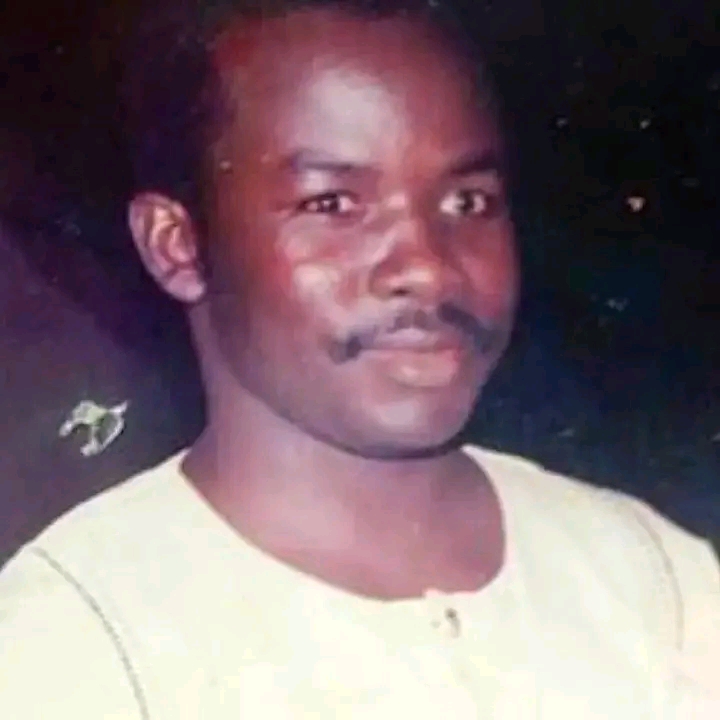News Analysis – By Abdul Lauya
On this year’s Democracy Day, Nigeria pauses not just to remember its transition from military despotism to civilian rule, but to honour the unsung heroes who paid the ultimate price to get us here. Among them is Bagauda Kaltho, a name etched in the conscience of every journalist committed to truth, courage, and democratic ideals.
Kaltho, a senior state correspondent for Premium Times in Kaduna and a native of Kaltungo LGA in Gombe South, Gombe State, disappeared under mysterious and harrowing circumstances. His vanishing followed a bomb blast at Durbar Hotel, Kaduna, on January 18, 1996, during the darkest days of General Sani Abacha’s dictatorship. Official narratives tried to twist the story, accusing Kaltho of involvement in the blast. But those close to him, particularly his widow Martha, have relentlessly debunked these claims, insisting that Kaltho was a journalist, not a bomber, a man of the pen, not the sword.
This year, President Bola Ahmed Tinubu, in a symbolic and long-overdue gesture, posthumously conferred on Kaltho the national honor of Officer of the Order of the Niger (OON) during his 2025 Democracy Day address. That Kaltho was recognized alongside iconic figures such as Ken Saro Wiwa, Dr. Beko Ransome-Kuti, and Prof. Humphrey Nwosu, among others, speaks volumes about the depth of his sacrifice and the severity of the repression he stood against.
Kaltho’s disappearance is not just a tragic footnote in Nigerian history, it is a chilling testament to the brutality of a regime that could not tolerate scrutiny. His fate remains one of the starkest examples of how far autocratic power will go to suppress the truth. What Kaltho exposed, or was on the verge of exposing, remains locked away, along with the justice he was denied.
The military regimes of the 1990s used fear as a weapon, but they underestimated the power of legacy. In remembering Kaltho, Nigeria remembers a time when journalism was an act of resistance. Today, as the media battles new forms of suppression, legal, digital, economic, it is imperative that the nation draws lessons from Kaltho’s fate.
If democracy is to thrive, investigative journalism must be protected, not punished. The government and private sector must now go beyond symbolic honors. It is time for Nigeria to establish a Journalists’ Protection and Insurance Fund, designed to cover life, legal defense, and health insurance for those in the field, particularly investigative reporters who risk everything to unearth corruption, human rights abuses, and systemic failures.
Such a framework would not only be a moral obligation but also a practical step toward nurturing a press corps capable of holding power to account. In an era where journalists are increasingly targeted, physically, digitally, and economically, this support system is not optional. It is essential.
As we honor Kaltho and his fellow martyrs of democracy, let their stories not end in solemnity alone. Let them ignite reform. Let their sacrifices inspire protective policies. And let Bagauda Kaltho’s silenced pen remind us that the truth, though often buried, is never broken.
Kaltho may have vanished, but his voice echoes still, in every question asked in defiance, in every story written in courage, and in every democracy lover who refuses to forget.
For advert placement and inquiries, publication of press releases, and news coverages, please call: Phone: 08052898434 Email: editor@eyereporters.com, click here to view the advert rates.



